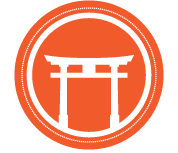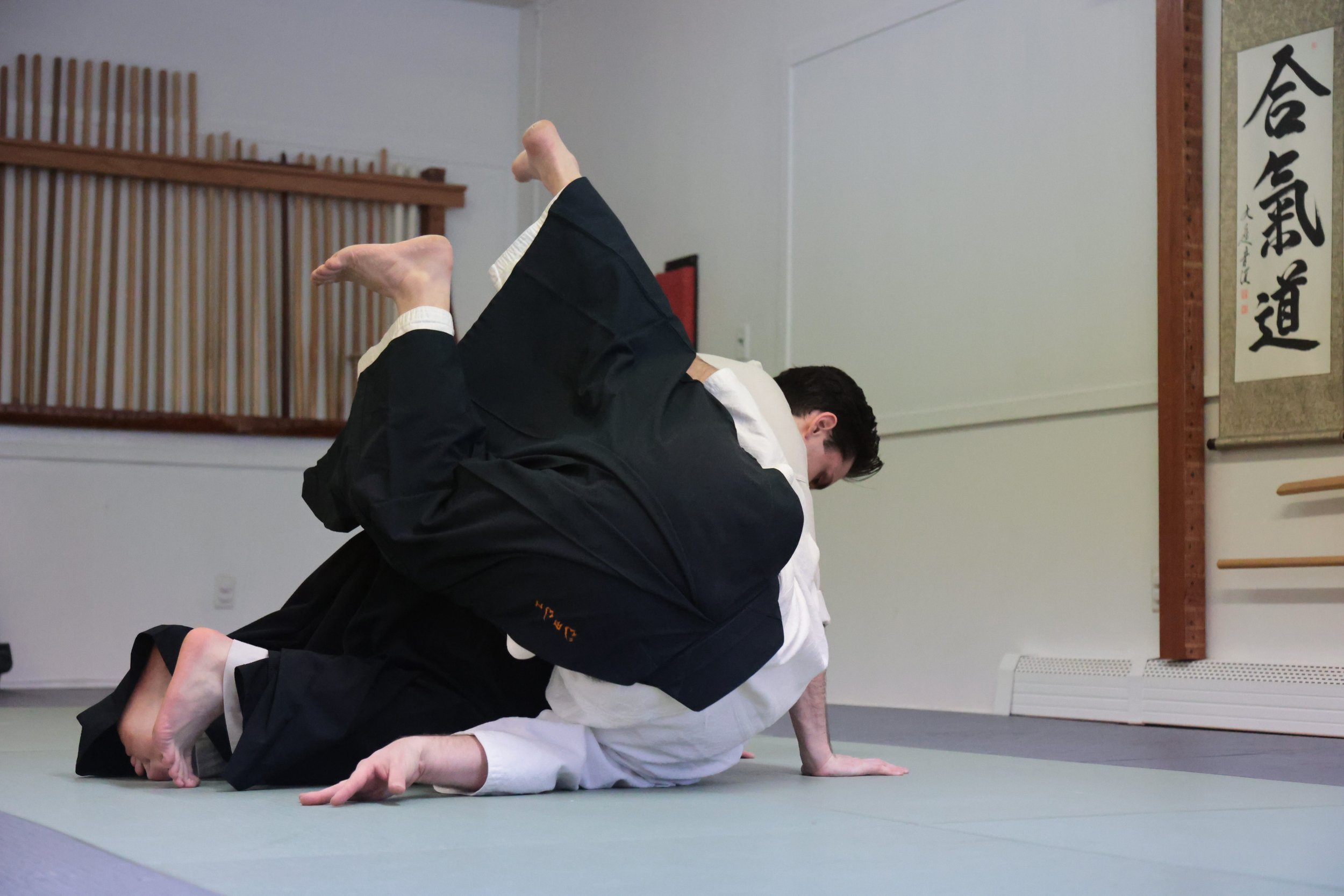In January 2023, I posted a newsletter about the importance of attending aikido seminars. In fact, I think seminars are so important that I decided to re-share that article this month. And not just because I haven’t written anything new. It’s also because of the timing. The 2024 seminar announcements are starting to roll out, meaning it is time for you to decide which seminars you’ll attend, choose among hotels, AirBnBs, planes, trains, and automobiles, and submit vacation requests. It’s time to plan your 2024 seminar calendar! But why? Why should you attend one or more seminars in 2024? Keep reading to find out.
Practicality and Practice in Aikido
Aikido is a perishable skill. Without practice, we lose the nuances of timing, spacing, and leverage that make our techniques work even as we retain the muscle memory. No matter how fast or powerful your technique, if you start it too soon or too late, or too close or too far away from your partner, it won’t really work.
Why Does Uke Fall?
In a routine aikido class, students pair off and assume the roles of nage and uke. The nage is commonly described as the defender—the one executing an aikido technique. Uke is commonly referred to as the attacker—the one striking or grabbing and falling in response to nage’s technique. But why does uke fall? When you are uke, are you thinking about why you’re falling?
Aikido in the Age of Artificial Intelligence
Artificial intelligence wrote this newsletter. Well, not exactly. It inspired this newsletter. The article written by SquareSpace’s new AI app is at the end of the page. It’s not a bad article, but also not very readable. It doesn’t sound like me, although it says all the right things about aikido in the age of AI. And if you don’t know me or if you are unfamiliar with my writing, you might not realize that a robot wrote it.
Music in the Dojo
Dojo Diversity and Loneliness
I’ve been thinking about America’s loneliness epidemic, and the dojo’s capacity for creating and providing community. The dojo creates community in two ways: sometimes people seeking aikido find community among the other practitioners and sometimes people seeking community find aikido.
Aikido as an Encounter with Healing
When I started aikido at the age of 45, I had never been inside a dojo except as a parent. Falling terrified me. Conflict—especially physical—was best avoided. And I would go out of my way to feel safe, which meant practicing people like me. Three months later, I look forward to falls, and I prefer practicing with everyone across the gender spectrum, regardless of age and rank.
Aggression in Aikido
Does Rank Matter?
Two often repeated ideas in the dojo are that “rank doesn’t matter” and that “I just want to train.” The former is usually pronounced by people with an advanced rank, and the latter by students without rank. Although both sentiments have value, both obscure what is important to everybody’s practice: testing.









